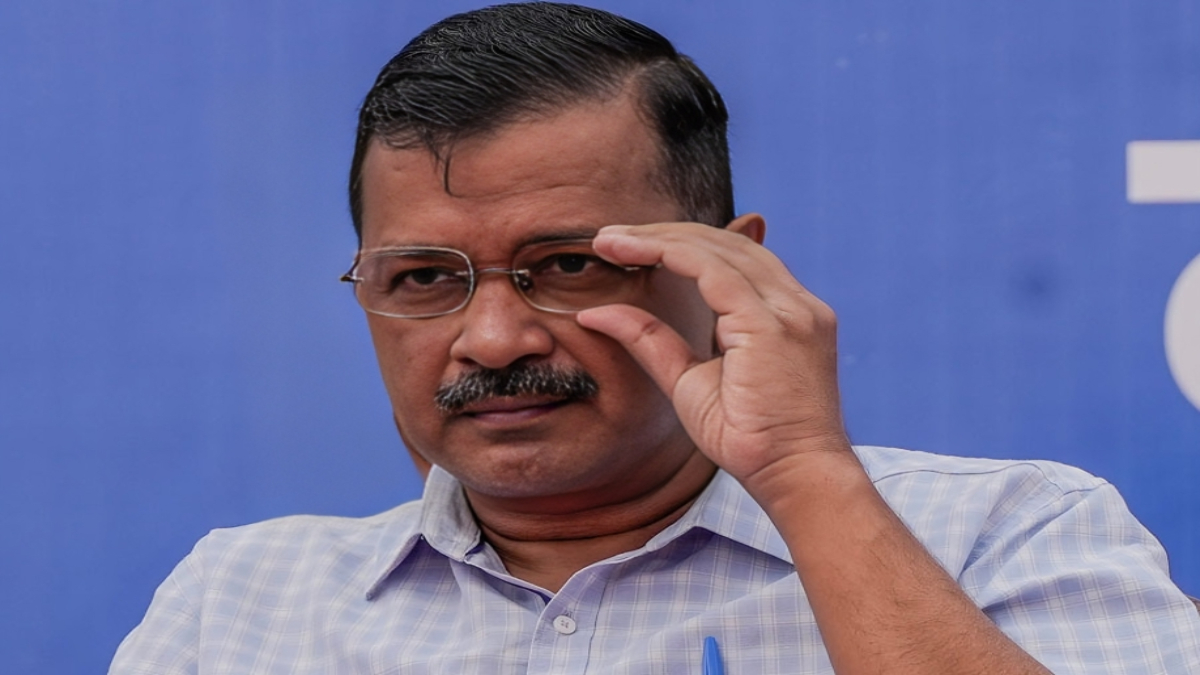Delhi Chief Minister Arvind Kejriwal has revised his stance and expressed his willingness to participate in a video conferencing session with the Enforcement Directorate after March 12. This marks a significant change as Kejriwal had previously refused to attend multiple summonses from the ED, deeming them illegal and urging the agency to wait for the court’s decision on the matter.
This is the first instance where Kejriwal has indicated his readiness to engage with the Enforcement Directorate through video conferencing. In his previous responses to the ED, the Chief Minister had offered to answer the agency’s queries through a questionnaire.
Additionally, Kejriwal is also required to appear before a city court on March 16 in relation to a complaint filed by the ED regarding his failure to attend their summonses. The Aam Aadmi Party (AAP) has consistently maintained that the ED should exercise patience and await the court’s verdict instead of repeatedly issuing summonses.
The ruling party in Delhi and Punjab has accused that their leader Kejriwal is being unfairly targeted for not leaving the Opposition’s INDIA bloc.
The AAP stated, “The ED’s intention is not to investigate, but to arrest Kejriwal. If the CM is willing to cooperate, why is the ED not questioning him? Let the questioning take place through video conferencing.” The party also demanded that the ED questioning should be broadcasted live.
In response to previous summons from the ED, Kejriwal had described them as “illegal”, “unsubstantiated in law”, “politically motivated”, and an attempt to disrupt the AAP’s election campaigns.
The Delhi government under Kejriwal will unveil its 10th budget on Monday, the final one before this year’s Lok Sabha elections and next year’s Assembly elections. Sources suggest that the budget will focus on the concept of ‘Ram Rajya’. In preparation for the 2020 Assembly elections, Kejriwal had publicly recited the Hanuman Chalisa to demonstrate his faith in Lord Hanuman. He later pledged to establish ‘Ram Rajya’ in Delhi, outlining 10 principles including free and high-quality healthcare, education, and women’s safety, among others, that would characterize the ‘Ram Rajya’.
The Delhi government introduced a revised excise policy on November 17, 2021, only to revoke it by the end of September 2022 due to corruption accusations. Investigative bodies claim that the wholesalers’ profit margin was raised from 5% to 12% under this policy. They further allege that the policy led to cartelization and favored individuals ineligible for liquor licenses in exchange for financial gains. Despite these claims, the Delhi government refutes any misconduct and argues that the new policy would have boosted the city’s revenue.

